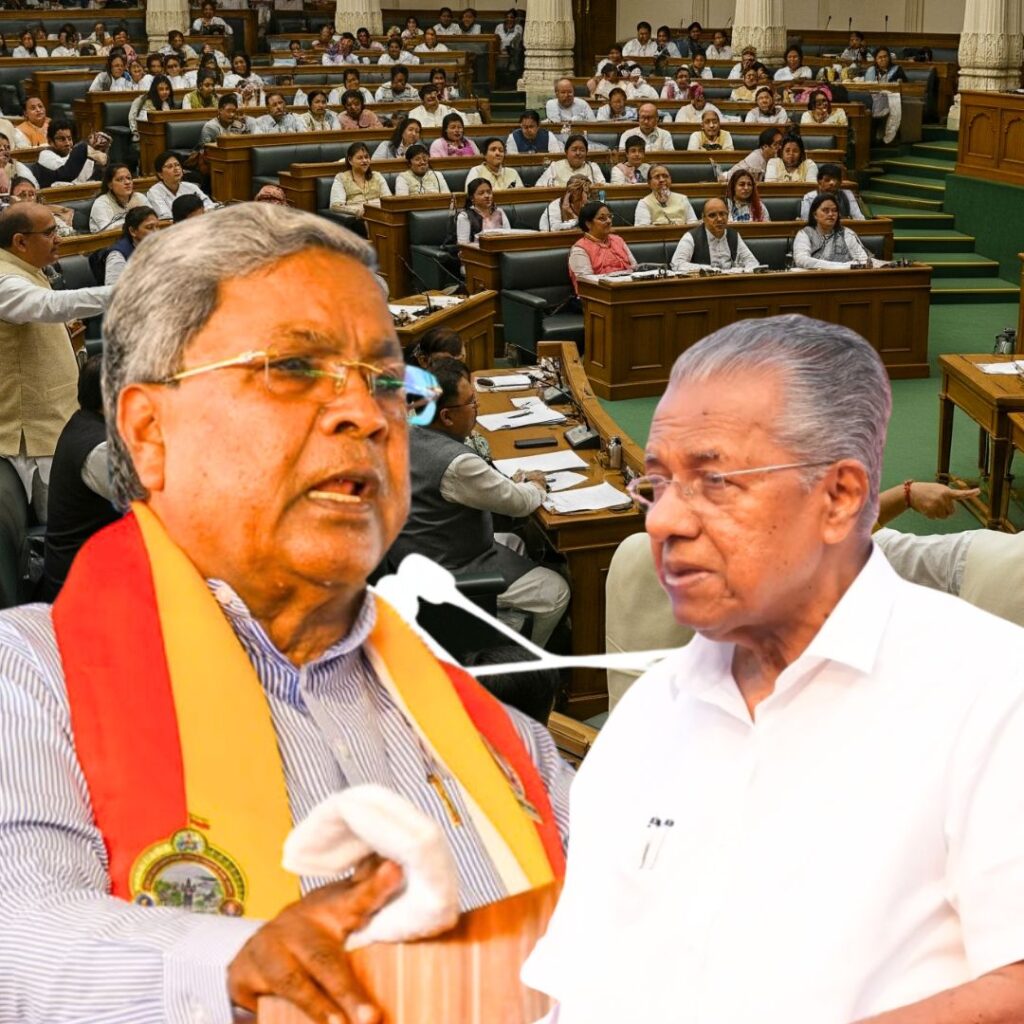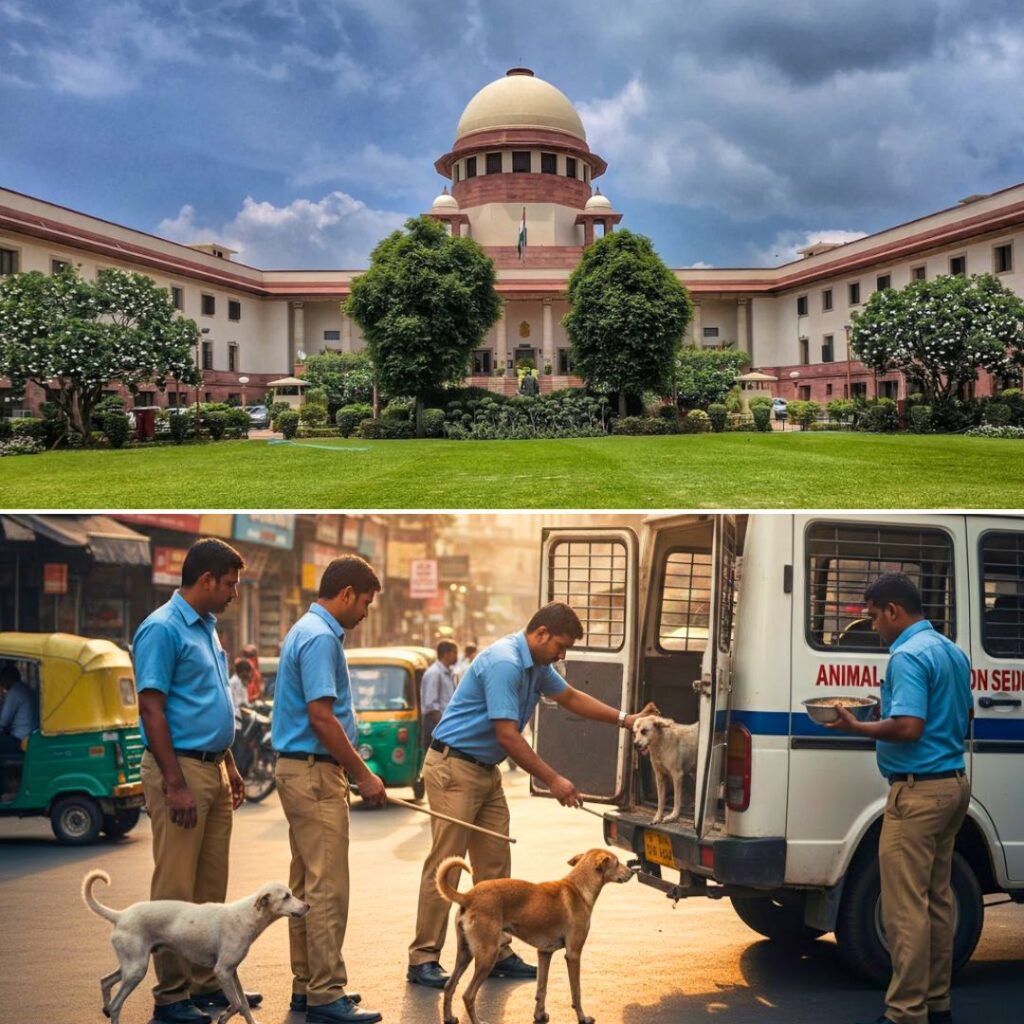After a seven-year gap in successful births, two Red Panda cubs were born on June 15, 2025, at the Himalayan Zoological Park (HZP) in Bulbuley near Gangtok, Sikkim. These cubs, the first offspring of the pair Lucky(II) and Mirak, mark a significant breakthrough in the park’s Red Panda Conservation Breeding Programme, shining a light of hope on the recovery of this endangered species.
The birth occurred after a challenging period when outbreaks of canine distemper disease nearly wiped out the captive red panda population. Now, with rigorous health monitoring and careful conservation efforts, the park strives to secure the future of these charming Himalayan natives.
A Renewed Triumph in the Race to Save Red Pandas
The Himalayan Zoological Park’s statement emphasised the emotional and ecological importance of this birth, coming after seven years without successful cubs due to the devastating canine distemper outbreaks. These outbreaks dealt heavy blows to the captive population, which the park has managed with intense veterinary care and protective strategies. The new cubs, born to Lucky(II) and Mirak, are especially notable as this is their first litter together.
Unique behaviours have been observed: both parents participated in building the nest, which is rare for male red pandas, though the mother remains the primary caregiver, teaching the cubs climbing and foraging skills essential for survival. The cubs will remain out of public view for over a year to ensure their wellbeing before they are introduced to visitors, reflecting a cautious but hopeful approach to their integration and exposure.
Enduring Commitment and Global Collaboration Behind the Success
Since its inception in 1997, HZP’s Red Panda Conservation Breeding Programme has received genetic stock from international and domestic sources, including Preeti and Jugal from Rotterdam Zoo and Darjeeling’s Padmaja Naidu Himalayan Zoological Park. The programme’s genetic pool was further diversified in 2005 with the arrival of wild-origin pandas Lucky and Ram.
This combination has formed a sturdy foundation to sustain genetic health. After battling twin outbreaks of canine distemper that decimated their red panda numbers, the park intensified its scientific approach by tracking all born pandas through national and international studbooks, ensuring managed breeding across zoos globally. These efforts are critical because wild red pandas face extinction threats from habitat loss, climate change, and poaching, making the HZP’s programme a vital fortress for the species’ survival.
The Logical Indian’s Perspective
At The Logical Indian, we see this event as much more than a mere milestone; it is a profound affirmation of hope, determination, and the power of concerted conservation efforts. It reminds us of our shared responsibility to safeguard biodiversity and highlights how human compassion and scientific expertise can come together to protect fragile species.
The birth of these cubs offers a glimpse of a world where endangered animals are given a fighting chance to flourish, even as their natural habitats face ongoing threats. This success urges us to focus not only on captive breeding but also on protecting and restoring the forests and ecosystems that the Red Panda and countless other species call home.












